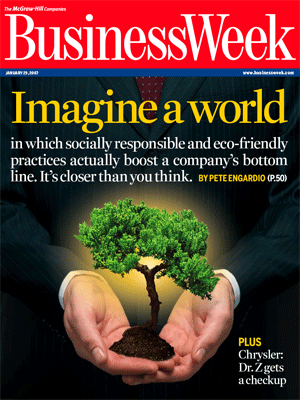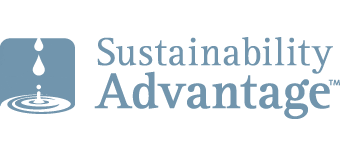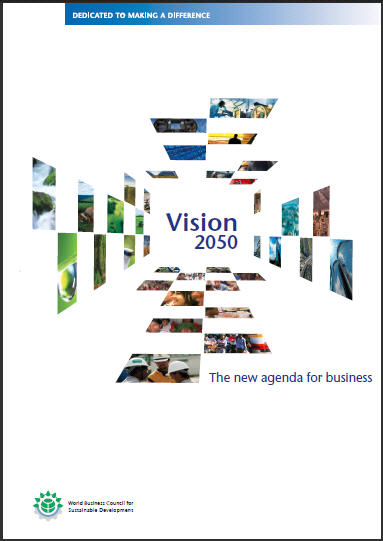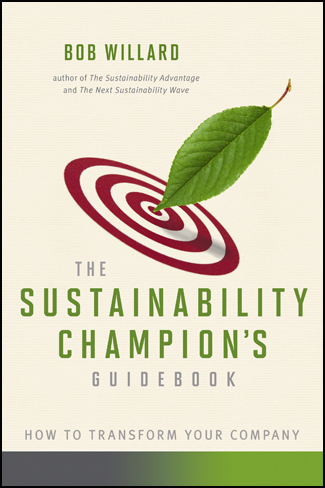4 Videos about Sustainable Business Models

Can a company that uses today’s business model actually become a sustainable enterprise? Or, do we need entrepreneurs to launch new companies—with new business models, purposes, and measures for success which align with sustainability principles? This can be an emotionally charged debate. Sometimes, viewing a video allows people to reflect on points of view put forward by spokespeople in the film and to refine their own perspectives accordingly.
Here are four videos that are helpful catalysts to the dialogue about corporate business models. They are intended to support the possibility of companies making the transformation to being sustainable enterprises.
Read More










